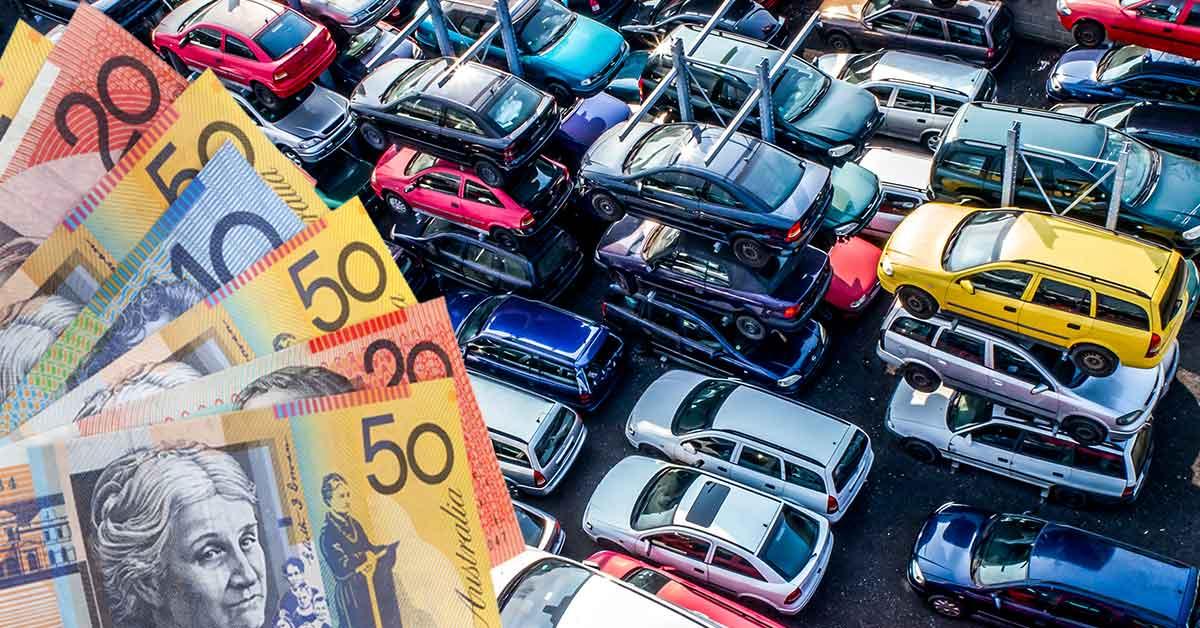Every year, thousands of old and damaged vehicles in Brisbane reach the end of their driving life. Many end up sitting idle in garages or driveways, leaking fluids and taking up space. What most people do not realise is that selling these cars can actually make a difference to the environment. Recycling vehicles has become one of the most effective ways to reduce waste and preserve natural resources. This growing awareness has encouraged Brisbane drivers to look at their unwanted cars not as junk, but as a source of positive environmental change. https://northbrisbanewreckers.com.au/
The Environmental Challenge of Old Vehicles
Old vehicles contain materials and fluids that can be harmful to the environment. Engine oil, brake fluids, and transmission liquids can seep into the ground, contaminating soil and water sources. The metal components of a car also begin to rust over time, releasing small particles into the air and water systems.
According to the Australian Bureau of Statistics, there are over 20 million registered vehicles across the country. Each year, around 700,000 reach the end of their use. If these vehicles are not recycled properly, they contribute to landfill waste and pollution. This makes responsible disposal a vital part of maintaining a clean and safe environment.
How Car Recycling Works in Brisbane
Brisbane has a strong network of car recyclers and dismantlers who process scrap vehicles with an environmentally conscious approach. When a car is sold to a scrap yard, it goes through a structured process:
-
Inspection and Fluid Removal: Technicians carefully drain all the fluids such as oil, fuel, and coolant to prevent contamination.
-
Dismantling: Usable parts like engines, gearboxes, and batteries are removed for resale or refurbishment.
-
Metal Recycling: The remaining shell of the vehicle is crushed and sent to a metal recycling plant. Here, it is melted down and reused in the manufacturing of new products.
-
Material Sorting: Non-metal components such as plastic and rubber are also sorted and recycled where possible.
This process allows most of the vehicle to be reused. In fact, over 80% of a car’s materials can be recycled or repurposed, reducing the need for new raw materials.
Reducing Carbon Emissions through Recycling
Manufacturing new metal requires large amounts of energy and natural resources. By recycling scrap cars, Brisbane reduces the need to extract and process raw ores. This helps cut down on carbon emissions that contribute to climate change.
For example, producing new steel from recycled materials uses about 75% less energy compared to mining and refining new ore. This energy saving translates directly into lower greenhouse gas emissions. As more people choose to recycle their old vehicles, the collective impact on Brisbane’s carbon footprint becomes significant.
Preserving Natural Resources
Cars contain valuable metals such as steel, aluminium, copper, and platinum. Mining these resources requires extensive land use and often damages ecosystems. Recycling reduces the pressure on mines and helps preserve Australia’s natural landscapes.
In addition, recycling plastics and glass from vehicles helps reduce dependence on petroleum-based materials and promotes resource conservation. This approach aligns with Brisbane’s growing commitment to sustainability and responsible consumption.
Preventing Hazardous Waste Pollution
A single car battery contains lead and acid that can cause severe damage to soil and groundwater if not disposed of properly. Similarly, air conditioning gases can harm the atmosphere if released unchecked.
By selling a Cash for Scrap Cars Brisbane to a certified recycler, these dangerous elements are handled safely. Recyclers follow strict environmental guidelines to ensure that toxic materials are neutralised or reused in safe ways. This prevents pollution and protects the local ecosystem.
The Role of Scrap Cars in the Circular Economy
Recycling contributes to what is known as the circular economy — a system where materials are reused, repaired, or recycled rather than discarded. In Brisbane, scrap cars play a significant role in this system.
When old vehicles are dismantled, their parts are reintroduced into the market as used components. This supports repair industries and reduces the demand for newly manufactured parts. It keeps valuable materials in circulation and reduces waste production, which helps Brisbane maintain its sustainability goals.
Economic and Community Impact
The car recycling industry in Brisbane also supports local employment and small businesses. Mechanics, metal workers, and transporters all contribute to the process. By selling old cars, residents indirectly support this growing sector, helping strengthen the local economy while promoting environmentally sound practices.
Research from the Australian Automotive Aftermarket Association highlights that vehicle recycling creates thousands of jobs nationwide. Brisbane’s recyclers form an important part of this national effort by ensuring resources are reused rather than wasted.
A Cleaner City for Future Generations
Every scrap car that is recycled means fewer pollutants, less landfill waste, and reduced energy consumption. For a growing city like Brisbane, these actions add up to create a cleaner and healthier environment.
The decision to recycle an old car is not only about removing an unwanted vehicle; it is about contributing to a sustainable future. As Brisbane continues to grow, every driver has a role in reducing environmental strain.
Conclusion
Selling your old vehicle for recycling may seem like a small action, but it carries a lasting impact. It helps conserve resources, cut emissions, and reduce pollution. The process also supports Brisbane’s recycling industry and contributes to a cleaner community.
For drivers who care about the planet and the city they live in, choosing to sell their scrap car is truly the smartest green choice.



